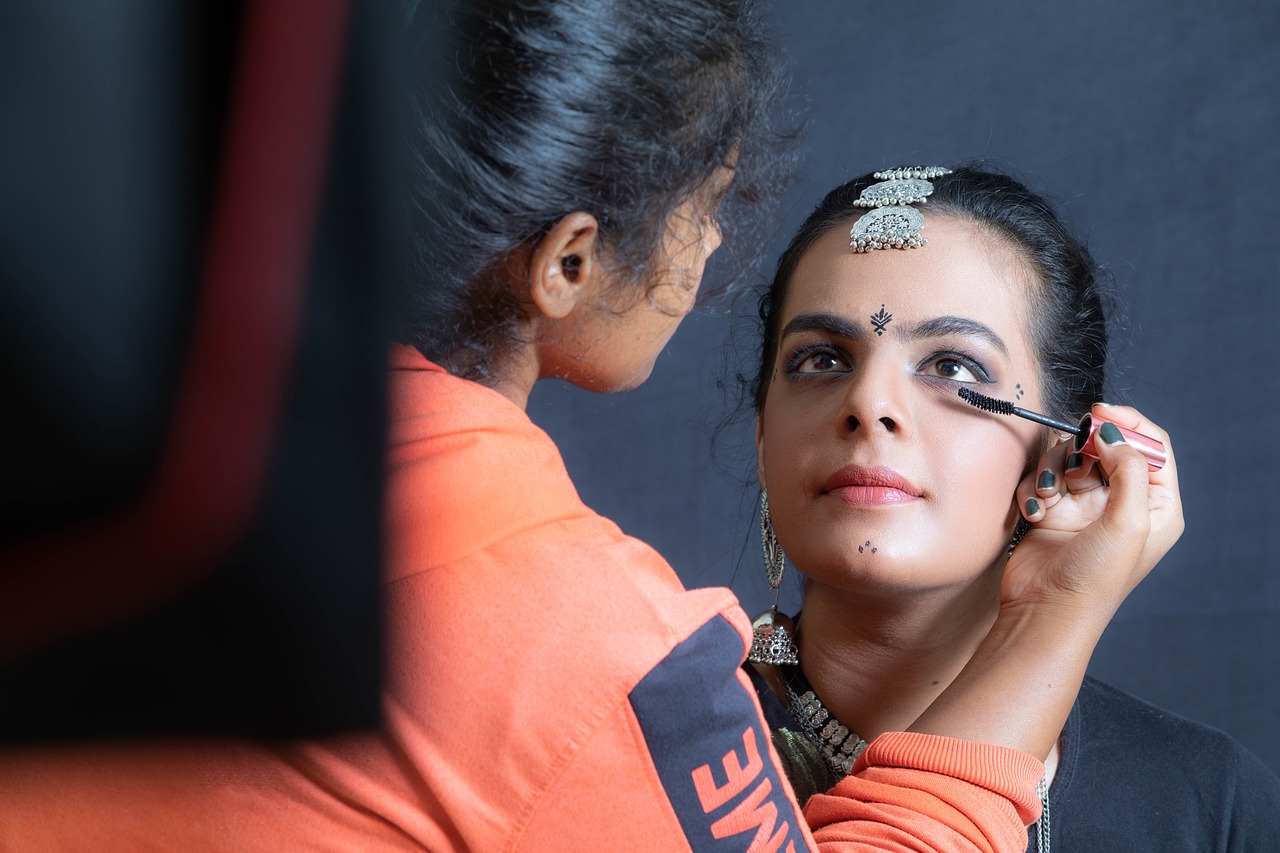Voter ID Verification: Legal and Ethical Considerations: 11xplay reddy login registration, Laser book 247, Skylive casino
11xplay reddy login registration, laser book 247, skylive casino: In recent years, the topic of voter ID verification has sparked debates across the political spectrum. While some argue that requiring voters to present identification at the polls is necessary to ensure the integrity of the electoral process, others believe that such requirements disproportionately disenfranchise certain groups of voters. In this article, we will explore the legal and ethical considerations surrounding voter ID verification.
The Legal Landscape
In the United States, voter ID laws vary from state to state. Some states require voters to present a government-issued photo ID before casting their ballots, while others accept alternative forms of identification such as utility bills or bank statements. Proponents of voter ID laws argue that they are necessary to prevent voter fraud and maintain the integrity of the electoral process.
However, opponents of voter ID laws argue that they disproportionately impact low-income and minority voters who may not have easy access to identification. They also argue that voter fraud is not a widespread problem and that voter ID laws are a solution in search of a problem. In recent years, several court cases have challenged the constitutionality of voter ID laws, with mixed results.
Ethical Dilemmas
From an ethical standpoint, voter ID laws raise questions about fairness and equality. Is it fair to require certain groups of voters to jump through extra hoops to exercise their constitutional right to vote? Does requiring identification at the polls create barriers to voting for marginalized communities? These are important questions to consider when evaluating the ethics of voter ID verification.
On the other hand, proponents of voter ID laws argue that ensuring the integrity of the electoral process is a fundamental aspect of democracy. They believe that voter ID laws help prevent voter fraud and maintain the legitimacy of election results. From this perspective, voter ID verification is a necessary safeguard to protect the sanctity of the ballot box.
FAQs
Q: Do voter ID laws suppress voter turnout?
A: Studies have shown that voter ID laws can have a negative impact on voter turnout, particularly among minority and low-income voters. However, the extent of this impact varies depending on the specific requirements of the law and the demographics of the affected population.
Q: Are voter ID laws discriminatory?
A: Critics of voter ID laws argue that they disproportionately impact minority and low-income voters, who are less likely to have access to identification. This has led to accusations of discrimination and voter suppression in some cases.
In conclusion, the debate over voter ID verification is a complex and contentious issue that raises important legal and ethical considerations. While proponents argue that such laws are necessary to protect the integrity of the electoral process, opponents raise valid concerns about fairness and equality. Ultimately, finding a balance between these competing interests will be crucial in shaping the future of voter ID laws in the United States.







